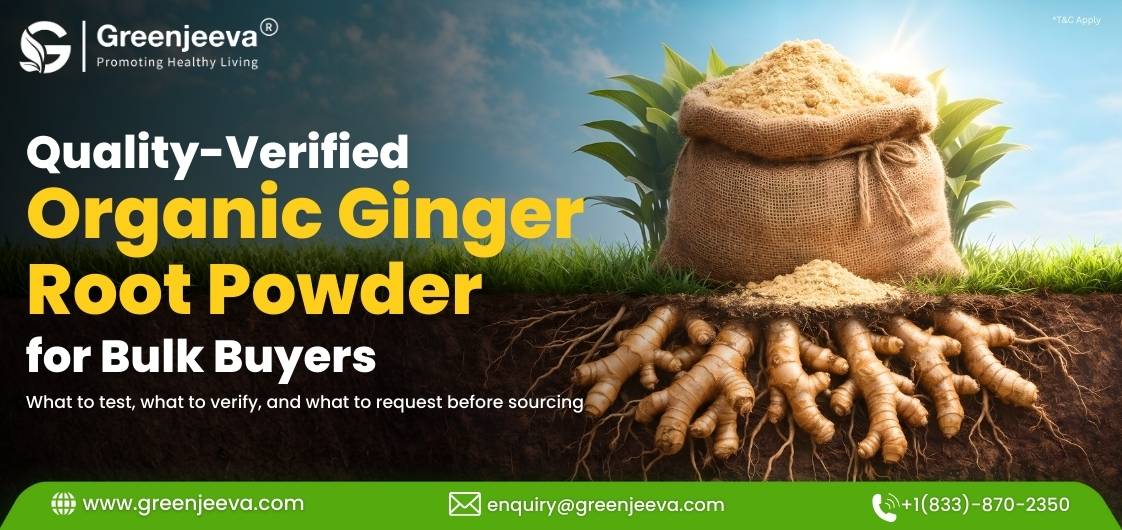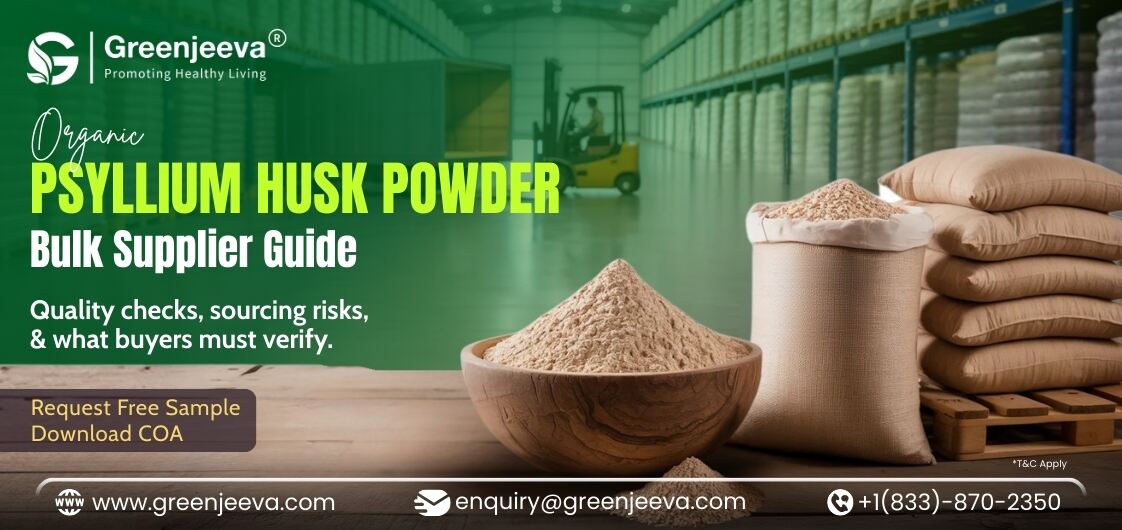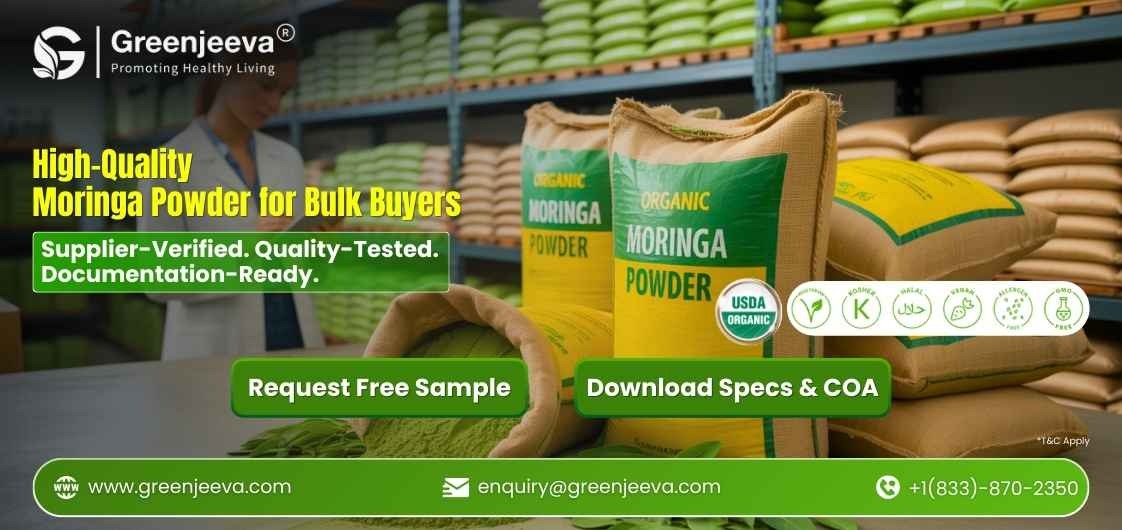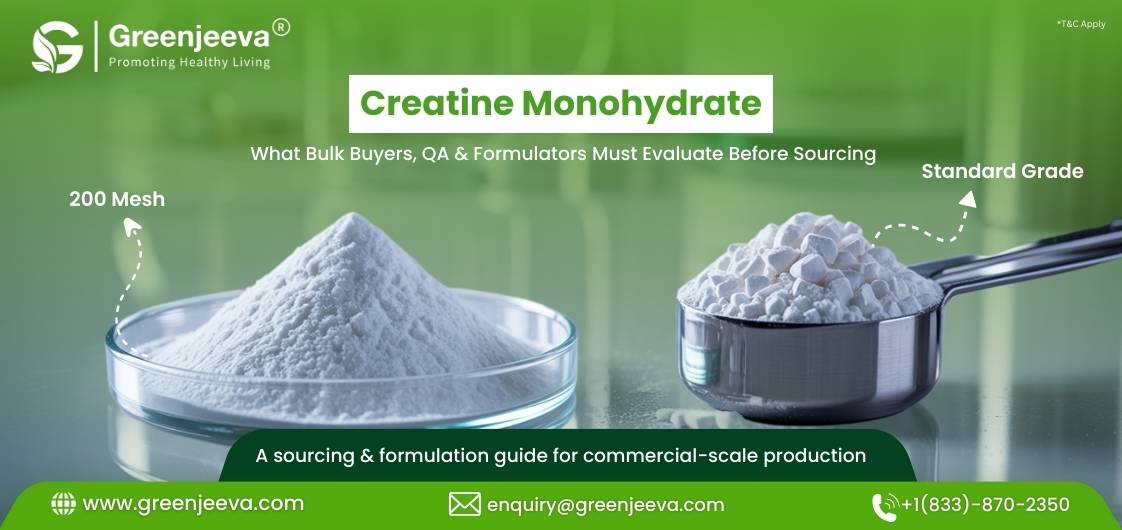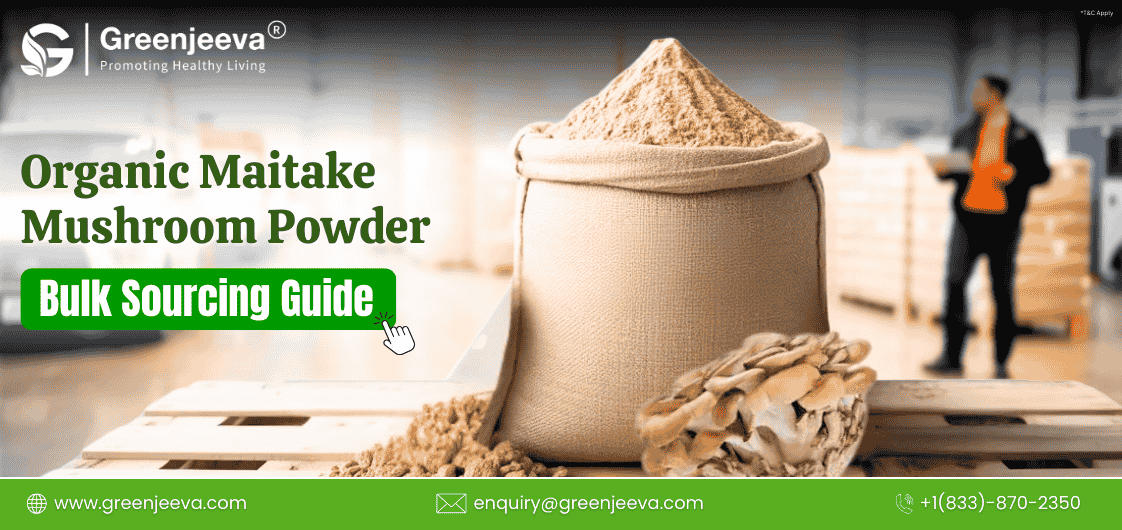Valerian Extract vs. Other Natural Ingredients: Commercial Applications and Scientific Analysis

The natural ingredients market has experienced unprecedented growth, with global valuations reaching $11.5 billion in 2024. Among these valuable botanicals, Valerian root (Valeriana officinalis) has emerged as a significant player in the B2B landscape, offering unique opportunities for manufacturers and product developers.
Understanding the Commercial Value Proposition
At the heart of Valerian's appeal lies its complex biochemical profile. Unlike simpler botanical extracts, Valerian contains over 150 identified compounds, including valerenic acids, iridoids, and essential oils. This complexity offers manufacturers diverse possibilities for product development and innovation.
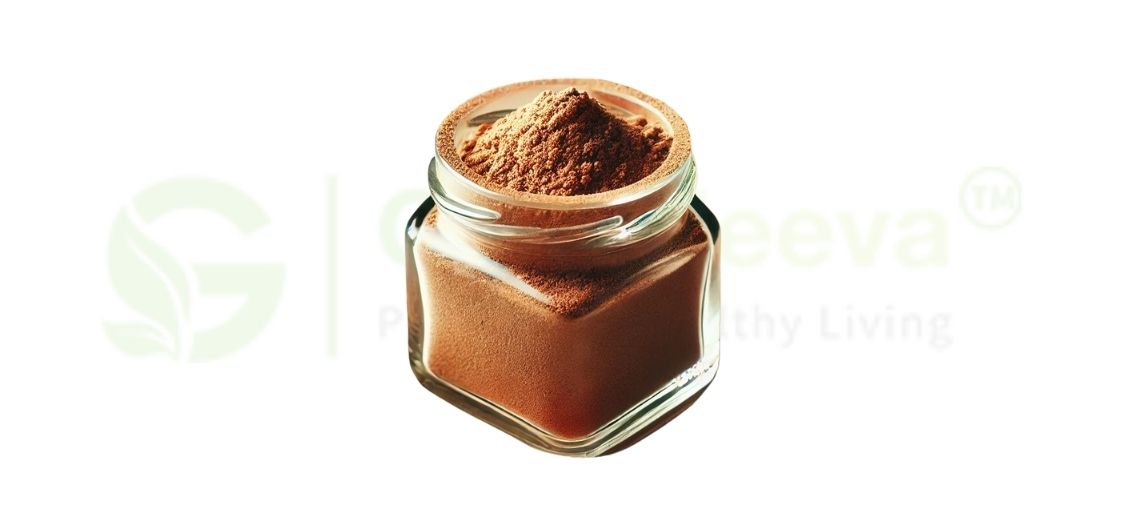
B2B Market Applications
Valerian extract's versatility has made it increasingly valuable across various industries:
The supplements industry represents the largest market share, where manufacturers value Valerian's standardized extracts for their consistency and stability. Contract manufacturers particularly appreciate its two-year shelf stability when properly processed, offering longer product lifecycles compared to some alternatives.
Food and beverage companies have begun exploring Valerian's potential in functional products, particularly in the rapidly growing relaxation beverage sector. Its natural origin appeals to consumers seeking clean-label products, though formulation requires careful consideration of its distinctive taste profile.
The personal care industry has started incorporating Valerian extracts into specialized product lines, leveraging its natural properties for innovative skincare formulations.
Supply Chain Considerations
From a B2B perspective, Valerian offers several advantages:
- Year-round availability through controlled cultivation
- Established supply chains across Europe and Asia
- Multiple extraction facilities globally, ensuring steady supply
- Standardized testing protocols for quality assurance
Comparative Analysis with Market Alternatives
Chamomile: The Mass Market Option
While Valerian commands premium pricing, chamomile offers manufacturers a more cost-effective alternative. Its simpler compound profile makes processing less complex, though it lacks Valerian's unique valerenic acids. Annual global chamomile production exceeds 5,000 tons, ensuring stable pricing and availability.
Passionflower: The Emerging Competitor
Passionflower has gained traction in B2B markets, particularly in regions where Valerian faces regulatory hurdles. Its growing conditions are less demanding, potentially offering better profit margins for cultivators. However, standardization challenges can complicate product development.
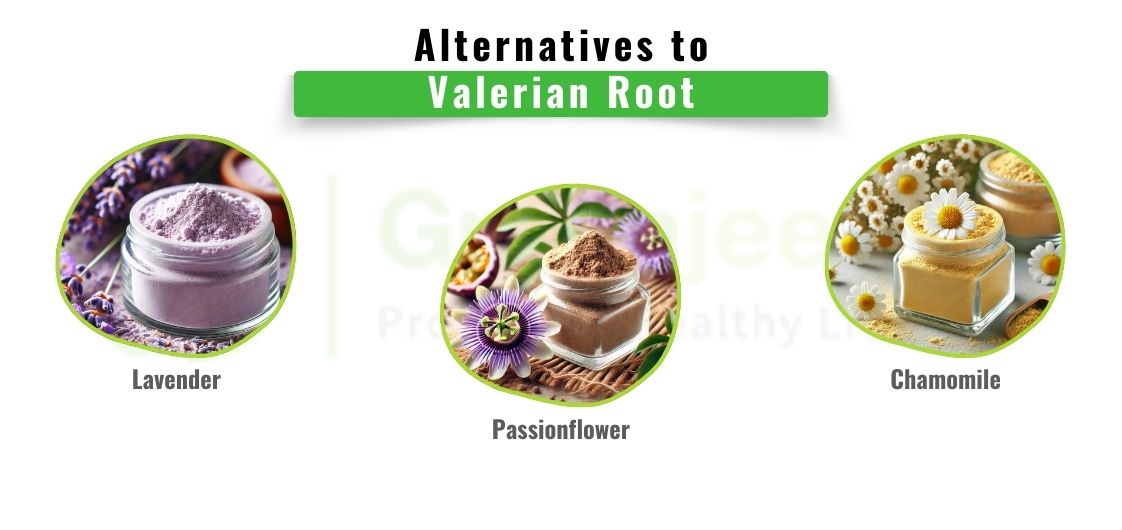
Lavender: The Aromatics Leader
Lavender dominates the aromatics sector with established B2B channels. Its essential oil commands higher prices per volume than Valerian, but its applications differ significantly. The global lavender oil market exceeded $100 million in 2024, demonstrating strong commercial viability.
Quality Control and Regulatory Framework
For B2B operations, quality control represents a critical consideration:
Manufacturing Standards
- Valerian requires GMP-certified facilities
- Standardization to 0.8% valerenic acids
- ISO 9001 compliance for export markets
- Regular stability testing and shelf-life monitoring
Regulatory Compliance
Different regions maintain varying requirements:
- FDA: Generally Recognized as Safe (GRAS) status
- EFSA: Novel Food Catalog listing
- Health Canada: Natural Product Number (NPN) required
- TGA Australia: Listed Medicine status
Supply Chain Optimization
Modern B2B operations require efficient supply chain management:
Sourcing Strategy
- Contract farming agreements ensure consistent supply
- Multiple supplier relationships mitigate risk
- Vertical integration opportunities for larger operators
- Seasonal planning for optimal harvest timing
Quality Assurance
- Third-party testing laboratories
- Certificate of Analysis (CoA) requirements
- Stability testing protocols
- Contamination prevention measures
Industry Applications and Innovation
The B2B sector continues to innovate with Valerian applications:
Supplement Industry
- Extended-release formulations
- Combination products with complementary botanicals
- Liquid extract innovations
- Powder blend optimizations
Food and Beverage Sector
- Functional beverage developments
- Novel delivery systems
- Clean label formulations
- Taste masking solutions
Future Market Trends
The B2B botanical sector shows promising developments:
Emerging Opportunities
- Sustainable sourcing initiatives
- Organic certification programs
- Novel extraction technologies
- Bioavailability enhancements
Market Expansion
- Growing demand in emerging markets
- New application developments
- Increased research funding
- Strategic partnership opportunities
Conclusion
The B2B market for Valerian extract presents significant opportunities for manufacturers, suppliers, and product developers. Its unique compound profile, established supply chains, and diverse applications make it a valuable component in modern product development strategies. While alternatives like chamomile, passionflower, and lavender offer their own advantages, Valerian's specific properties continue to drive innovation and market growth.
Understanding these market dynamics helps businesses make informed decisions about botanical ingredient selection and product development strategies. As the natural products industry continues to evolve, companies that effectively leverage these botanical resources while maintaining quality and compliance will find themselves well-positioned for success.
**The Food and Drug Administration has not evaluated these statements. This product is not intended to diagnose, treat, cure, or prevent any disease.**


